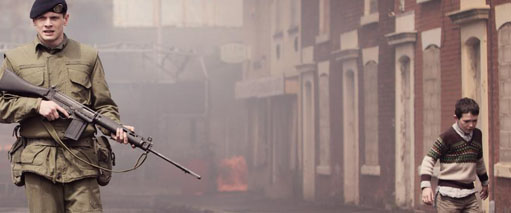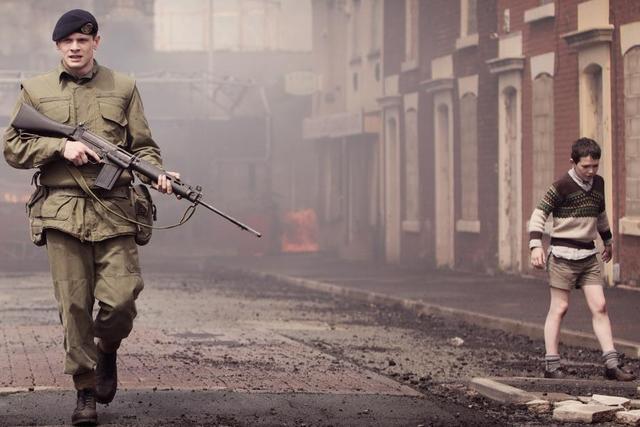Film Review: ’71
Fast-Paced British Thriller Drops Viewers Into The Middle Of The Northern Ireland Conflict For Some Bruising Action


Northern Ireland: Come for the car bombings
Latest Article|September 3, 2020|Free
::Making Grown Men Cry Since 1992


Northern Ireland: Come for the car bombings